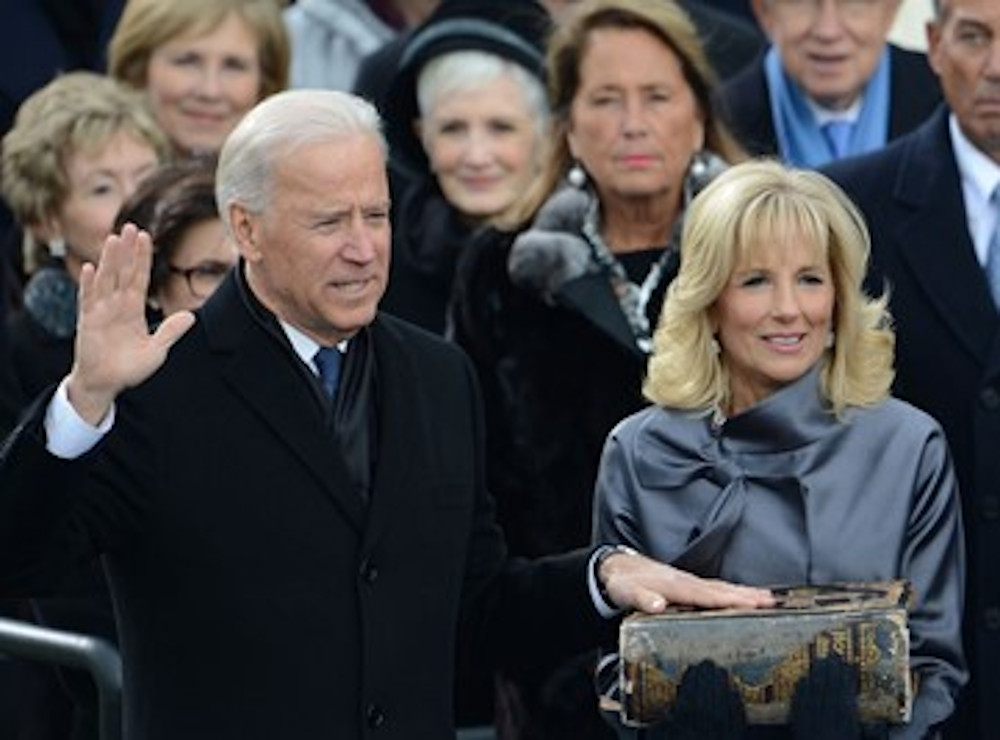Mission FPC

The bibles used for inaugurations have often been symbolic. The one Barack Obama chose in 2013 belonged to Dr. Martin Luther King, Junior, a remarkable figure in the fight against segregation and racism.
The history of this kind of bible is fascinating. It takes its name from two French cities: Douai and Reims. This is where it was translated from the Vulgate – a Latin version of the Bible by Saint Jerome (fourth century) – into English and then printed. The Douay-Rheims was later edited during the Counter-Reformation. Earlier in 1525, William Tyndale, an English protestant, had secretly translated the Bible into English for the first time, just as Luther had translated it into German in 1523. His goal? To allow everyone to understand Scripture. The Catholic church condemned this translation but could not contain its spread. Moreover, Tyndale’s bible gave prominence to reformed theology: presbuteros in Greek was translated as “elder,” not as “priest,” ekklesia as “congregation” and not “church,” Metanoein was “to repent” and not “to do penance.” So, the doctrine of the sacraments was severely attacked while that of universal priesthood was put forward. To fight against the spread of this translation, the Catholic church resolved, probably reluctantly, to propose its own translation: the Douay-Rheims Bible.
The Douay-Rheims Bible embodies one of the major shifts within the Catholic church. Until its publication, only the Latin version was permitted and read. Pushed into a corner by protestants, catholics ended up abandoning this tradition. The New Testament was translated in Reims (Rheims) in 1582, and the Old Testament in Douai (Douay) in 1609 and 1610. The two cities therefore became the bastions of counter-reform. The compilation of the two Testaments made up the Douay-Rheims: the first English Catholic version of the bible.
Reims and Douai are also two cities in which Mission FPC works with zeal and enthusiasm. The Douay-Rheims translation permitted the Word of God to be accessible to all (or at least to English speakers). A few centuries ago, Douai and Reims largely contributed to the worldwide distribution of the Bible in an accessible and intelligible language. Yet today, the majority of their populations has never opened one. What a strange paradox! We really wish to fix this. We pray and work so that the bible, after having spread around the globe, would return to Douai and Reims, and more precisely to the hearts of those who live there.
You can join in these prayers for the restoration of these cities and their populations to the Lord and for those who work so that the Gospel is heard there. Why not participate in our month of prayer for Reims? Find out more at https://uneeglisepourreims.fr/.
[1] To learn out more about the Douay-Rheims Bible: https://youtu.be/ZwqNkQ2n1sM
[photo caption] Joe Biden takes the oath on the Douay-Rheims bible, held by his wife, Dr. Jill Biden, 20 January 2013. • © STAN HONDA / AFP
Mission FPC

Leave a Reply